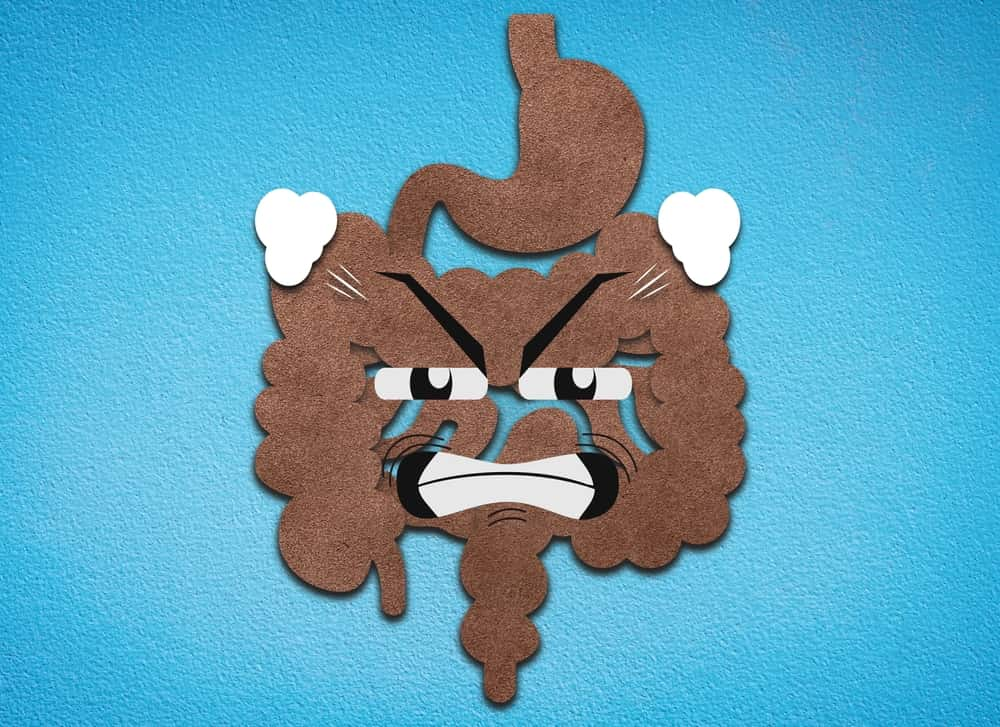Why can eating healthier help with stress


The Connection Between Stress and Diet
In our times, stress is something that each of us gets to deal with, let it be about work, difficulties in personal relationships, or regular anxieties, and thus, stress is the kind of force that is capable of breaking our minds and ruining our lives entirely. While many of us turn to unhealthy comfort foods for a quick fix, what if the solution to stress was right in front of us on our plates?
Actually, the food you consume affects directly your stress level, it is the reality. Eating healthy foods can help lower stress levels, enhance your mood, and improve your gut health—a vital factor in managing anxiety and stress.
In this article, we’ll explore the connection between nutrition and stress relief, explain why healthy eating is so important for your mental wellness, and share simple strategies for eating to reduce stress.


1. How Diet Affects Stress and Mental Health
The Role of Nutrients in Stress Relief
Instead of looking at stress from outside prescription, we can use nutrition as a tool for how we handle it. The foods we consume can influence the brain’s ability to manage emotions, regulate stress hormones, and maintain mental clarity.
- Deficient Diets and Stress: Lack of nutrients like magnesium, omega-3 fatty acids, and B vitamins can make it harder for our bodies to cope with stress. If you’re not getting enough of these nutrients, you might feel more irritable or anxious.
- Mood-Boosting Foods: Certain foods play a role in boosting the production of brain chemicals, like, for instance, serotonin that can control a bad mood. For instance, there are certain kinds of foods that are high in tryptophan, like turkey and nuts, which make the body form serotonin and bring about a feeling of inner peace and happiness.
Nutrient-Dense Foods to Relieve Stress
Here are some foods that can help balance your mood and improve stress resilience:
- Leafy Greens (Spinach, Kale) – Rich in magnesium, which helps reduce stress hormones.
- Salmon – Packed with omega-3 fatty acids that combat inflammation and reduce anxiety.
- Oranges – High in vitamin C, which helps the body deal with stress and makes the immune system stronger.
- Turmeric – Celebrated for its anti-inflammatory potential, it cuts cortisol levels to start with.


2. Gut Health and Stress: The Surprising Link
The Gut-Brain Axis
Did you know your gut plays a crucial role in managing stress? It’s often referred to as the “second brain” because it has its own complex system of neurons and can communicate directly with your brain.
The gut microbiome is a community of trillions of bacteria that live in the intestines of humans. This is the major impact of the microbiome on the mental health of individuals. An imbalanced gut can cause an increase in inflammation and alter brain chemistry, leading to higher levels of anxiety and stress.
- Gut Microbiota and Mental Health: An unbalance in the intestinal flora is believed to create difficulties in fighting stress. Healthy gut bacteria, on the other hand, produce neurotransmitters like serotonin and gamma-aminobutyric acid (GABA), which help regulate mood and reduce anxiety.
- Probiotics for Stress Relief: Probiotics in fermented foods are natural microflora that can assist in restoring the gut microbiome, which, in turn, can enhance the relief of stress and the mental wellbeing of the person.
Gut-Healthy Foods for Stress Management
Eat these foods to support your gut and to reduce stress:
- Fermented Foods (Yogurt, Kimchi, Sauerkraut) – Rich in probiotics, these foods help balance the gut microbiome.
- Fiber-Rich Foods (Whole Grains, Fruits, Vegetables) – Help promote healthy digestion and improve gut function.
- Prebiotic Foods (Garlic, Onions, Bananas) – Help feed good bacteria in your gut and enhance digestion.


3. Blood Sugar and Stress: How They’re Connected
The Effects of Blood Sugar on Stress
One often-overlooked factor in stress management is blood sugar levels. When you eat foods that cause rapid spikes and crashes in blood sugar (like sugary snacks or refined carbs), your body releases cortisol, the primary stress hormone. This results in a stress response that can increase anxiety and cause irritability.
- Caffeine and Sugar: Both are common culprits for triggering stress. While they may provide a temporary energy boost, they can also elevate cortisol levels and increase feelings of anxiety.
Foods to Stabilize Blood Sugar and Reduce Stress
To maintain steady blood sugar and keep stress at bay, opt for foods that help stabilize your blood sugar:
- Whole Grains (Brown Rice, Oats) – Slow-digesting carbs that help maintain energy levels.
- Nuts and Seeds (Almonds, Chia Seeds) – Loaded with nutritious fats and proteins to avert blood sugar spikes.
- Leafy Greens and Non-Starchy Vegetables – High in fiber and low in carbohydrates, perfect for blood sugar control.


4. Hydration: The Importance of Water for Stress Relief
Dehydration and Its Impact on Stress
It may seem like an easy thing to do, but remaining hydrated is very important for stress management. Dehydration can impair cognitive function, make you feel more irritable, and increase your susceptibility to stress. Even mild dehydration can lead to higher cortisol levels and an increased perception of stress.
Hydration Tips for Better Stress Management
- Drink Water: Make sure that you drink at least 8 cups of water per day to stay hydrated.
- Herbal Teas: Teas like chamomile, peppermint, and lavender can promote relaxation and relieve stress.
- Hydrating Foods: It turns out that having fruits and vegetables like cucumbers, oranges, and watermelon with high water content can be very helpful.


5. Stress-Relieving Foods to Include in Your Diet
Top Foods to Reduce Stress
Certain foods are known for their ability to directly reduce stress and promote a sense of calm. These foods contain specific nutrients that help regulate stress hormones, reduce inflammation, and improve mood.
- Avocados: High in potassium, which helps lower blood pressure and reduce stress.
- Dark Chocolate: Contains flavonoids, which can help improve brain function and reduce cortisol levels.
- Blueberries: Rich in antioxidants, they help combat oxidative stress and improve brain function.
- Nuts and Seeds: Loaded with healthy fats plus magnesium, both counteracting anxiety.
Mindful Eating and Its Stress-Reducing Benefits
Mindful eating—becoming more aware of your eating through engaging your senses— turns on your parasympathetic nervous system, which relaxes you and decreases stress. By slowly eating and taking the time to feel and savor the textures and tastes of your food, you can lessen your tension load and ameliorate your digestion.


Eating Your Way to Less Stress
The practice of eating a nutritionally sound meal is one of the best methods to handle stress and diminish it’s effects. Foods that are good for you can be the ones that improve your mental health, help your gut flora, and regulate your blood sugar levels.
Key Takeaways:
- Eat nutrient-rich foods like leafy greens, salmon, and dark chocolate to improve mood and reduce stress.
- Support your gut health with probiotics and fiber-rich foods.
- Stay away from the kind of foods that raise your blood sugar level, for example, snacks with high sugar and caffeine.
- Help yourself manage stress better by drinking water and herbal teas.
By making small, mindful changes to your diet, you can take control of your stress levels and improve your overall quality of life.









